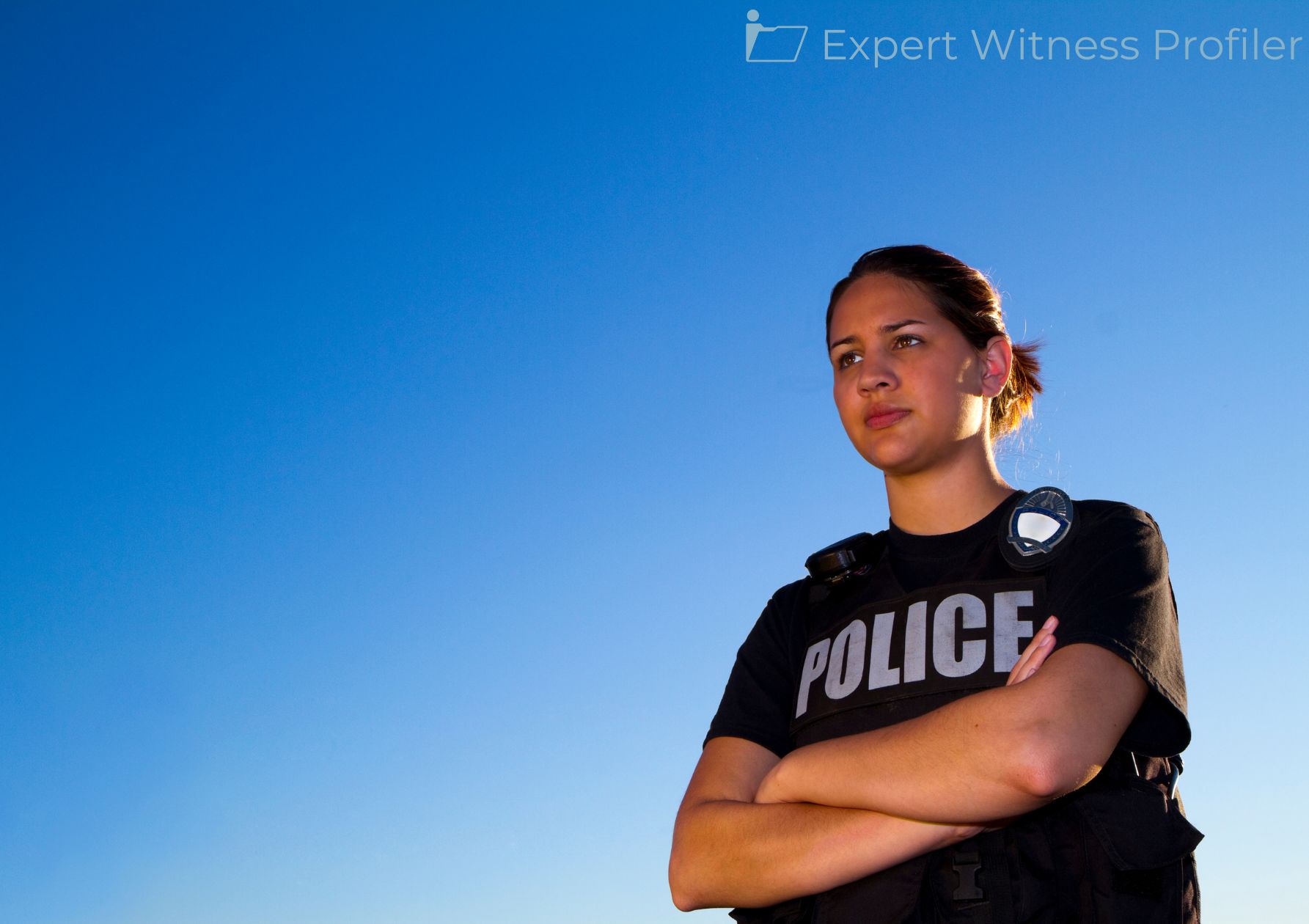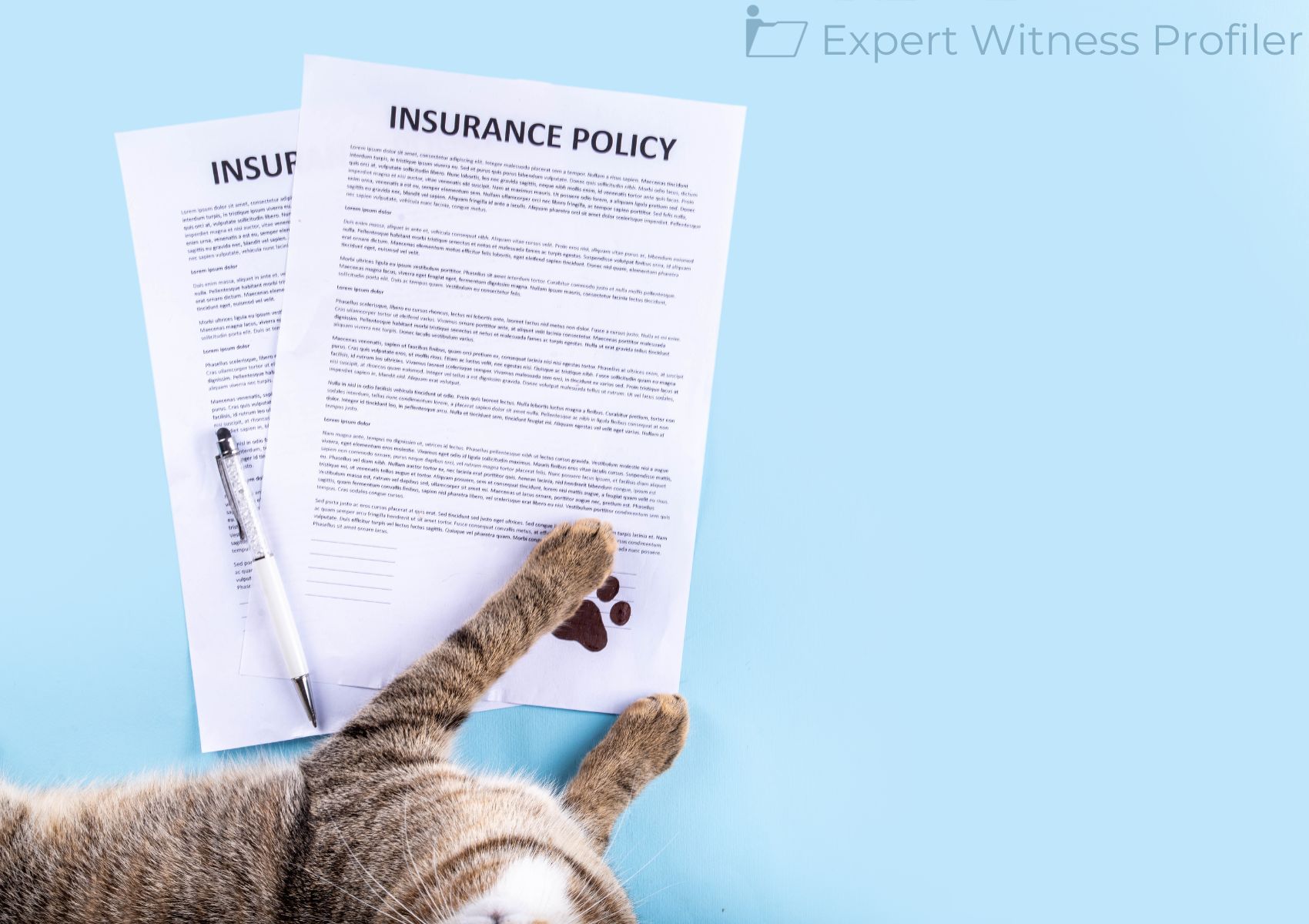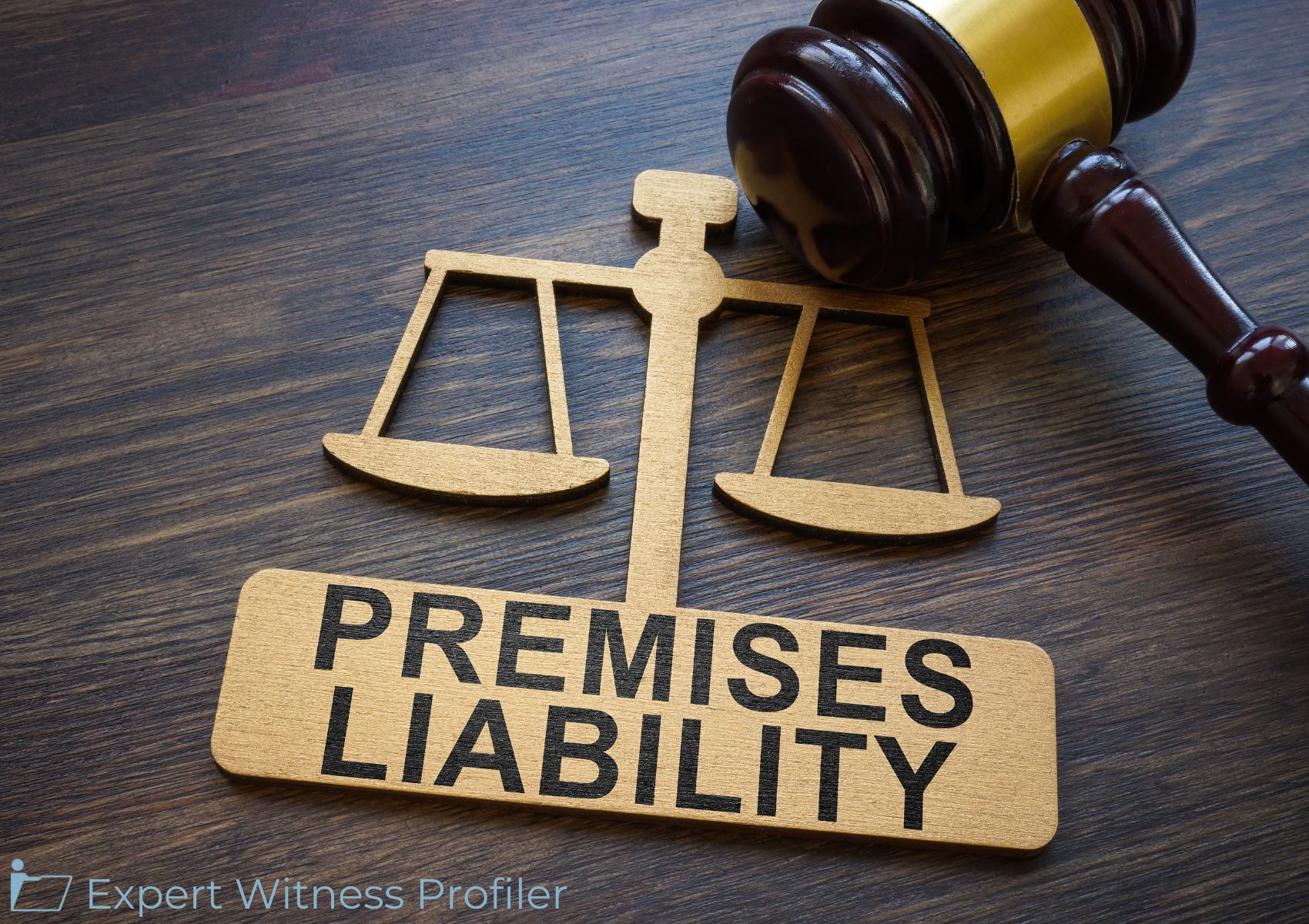
Posted In: Expert Challenges, Law Enforcement Expert Witness
Posted On: October 29, 2025

Posted On: October 29, 2025

Posted On: October 24, 2025

Posted On: September 23, 2025

Posted On: September 8, 2025

Posted On: August 19, 2025

Posted On: August 14, 2025

Posted On: August 5, 2025

Posted On: July 14, 2025

Posted On: June 26, 2025

Posted On: June 18, 2025